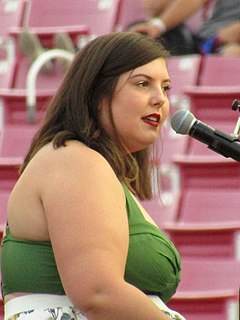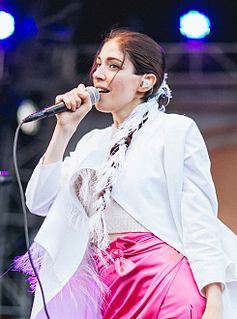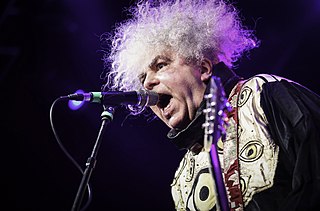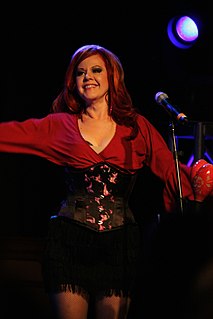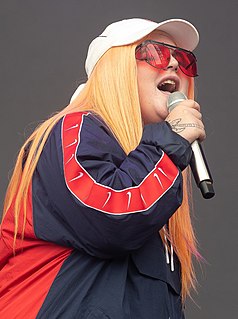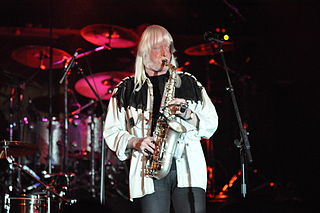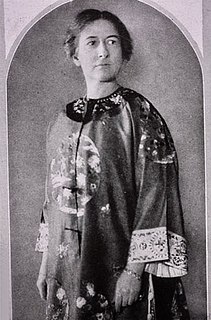A Quote by Mary Lambert
I wrote the chorus specifically for 'Same Love' as a narration of my story. I decided to release 'She Keeps Me Warm' as an extension of the chorus because I felt like there was more that needed to be said.
Related Quotes
One of my main problems with music is that the basic formula is always the same: verse, chorus, verse, chorus, bridge, verse, chorus, chorus, chorus, end. One of the bands that changed that was The Beatles. If you listen to 'Everybody's Got Something to Hide Except Me and My Monkey.' It's three verses, bridge, end.
When the Beatles wrote 'Paperback Writer,' it couldn't have been the same old thing. You can hear so many influences in it, from the blues to Bach, and it's not just verse, chorus, verse, chorus, bridge chorus. They start off singing a cappella, almost like a Bach chorale, and the song goes into this bluesy guitar riff.
Normally you'll have a structure to a song. You'll have an intro to a verse to a pre-chorus to a chorus, kinda repeat that, maybe there's a bridge, then you'll go out on a chorus - that's the quintessential song structure - sometimes you might do a fake-out, re-do a pre-chorus but the chorus doesn't come until later, but for the most part you follow these tried and true structures.
With 'Love Shack,' once we put that chorus in, it did have more of a song structure. Even though the verses are all kind of different, the chorus was there along with 'The Love Shack' - I think that really made it a hit. Once we heard it in the studio, we played it for R.E.M., and they were like, 'Yes this is a hit.'
So it became in my mind a nine-carol service; an oratorio and orchestral concert all in one, but with narration. That's something I've learned about, because it's the story that keeps you in there. I wrote a libretto and I gave it to John Du Prez. We normally don't work in this fashion but I said off you go, and he went off for about three months. He brought me back this demo which blew my mind.
Alice thought to herself, 'Then there's no use in speaking.' The voices didn't join in this time, as she hadn't spoken, but to her great surprise, they all thought in chorus (I hope you understand what thinking in chorus means--for I must confess that I don't), 'Better say nothing at all. Language is worth a thousand pounds a word!
The 'victim to victory' theory is that, if you listen to the radio, a large percentage of the hits are... about victim to victory, like, 'I'm having a terrible time.' And then the pre-chorus is, 'I don't know what's gonna happen next.' And the chorus is, 'Now I'm brilliant, and everything is great, because something happened to make it great.'
